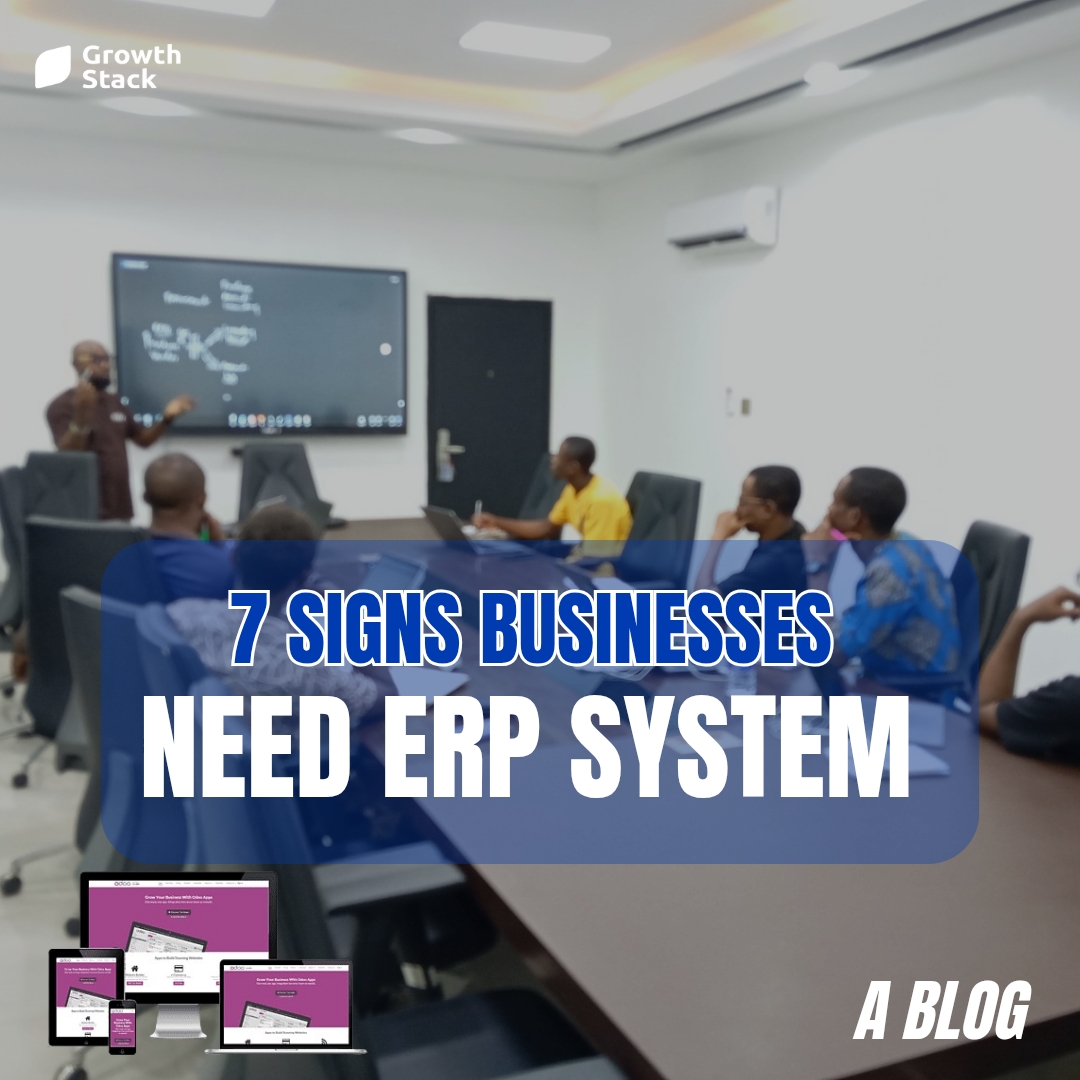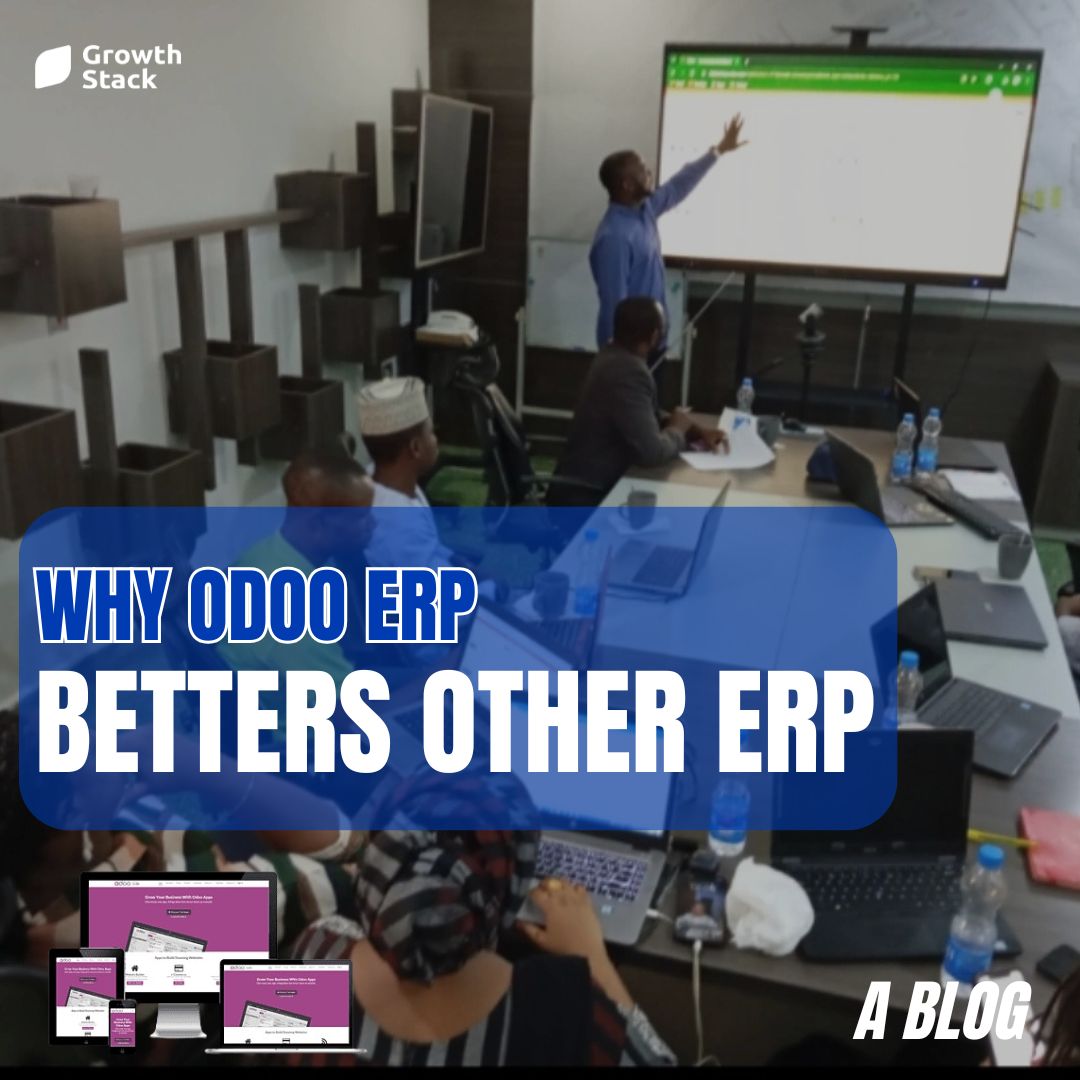Recordkeeping is essential, and at times challenging, aspect of making sure a company runs efficiently, and it is essential for the owners of small businesses everywhere. It is not enough to just practice excellent business practices by maintaining accurate records of one’s income, expenses, personnel, tax paperwork, and financial accounts. It can provide you with a sense of calm, assist you in monitoring your progress toward achieving your goals, and save you both time and money. This article explains why you must keep records in your business.
The following are considered basic records:
- Business expenses
- Sales records
- Accounts receivable
- Accounts payable
- Tax documents
- Invoices
- Purchase orders
- Receipts
- Customer list
- Vendors
- Employee information
- Banks statements
- Contracts
Keeping the above records will assist you in the following ways:
- Know how much money to invest to create your product or service
- Set pricing
- Compare budgeted amounts to actual costs
- Track spending
- Make wise decisions about purchases
- Prepare for tax time
- Access customer and employee information easily
- Protect your business in the event of an audit or employee issue
- Calculate expected profit
Establishing a method for recording and keeping track of transactions and other specifics is the first step in the process of recordkeeping. It could take place digitally, on paper, or a combination of the two. Included but not limited to the following are some of the most crucial records:
Sales log files:
This log should cover how much you sell each day, each week, and each month. It should also include the date, the type of product or service that was sold, and the amount that was sold for each transaction.
Accounts payable log files:
A log of accounts payable details the sum of money owed by a firm to individuals or organizations outside of that company. Include the amount that is owed, the person to whom it is owed, the date that payment is due, and the date that you paid it. If you keep a detailed history of your accounts payable, you can avoid getting charged more than once for the same item or service by preventing duplicate charges. It is also helpful to keep a record of discounts offered for early payments so that you may remind yourself to take advantage of them when they are available.
Accounts receivable log files:
Details the sums of money that customers or other businesses owe to a company as payment for the goods or services that the company has provided to them in the past. This log contains a list of customers who are behind on their payments, along with the total amount they owe, as well as the date on which payment is expected. You can also choose to include a list of clients who, due to previous instances of late or nonpayment, should not be granted credit. Include the date, the name of the customer, the amount collected, the date it was collected, and the status in each record.
Business expenses log files:
In this section of the log, you will enter the entire amount of money that your company spends on things like rent, electricity, salaries, and supplies. The date, a description of each expense, and the total amount should all be included in the log.
Purchase order log files:
A purchase order is a document that displays the official confirmation of an order placed by a buyer, binding the buyer to pay the seller for the sale of certain goods or services at some point in the future.
Contracts log files:
Whether you are signing a supply agreement with a vendor, renting a new piece of equipment, or taking out a business insurance policy, you should always make sure to keep a copy of the contract in your records. Keeping a copy of all contracts will help you avoid future problems, which is another benefit of doing so.
List of customers:
Depending on the nature of your company, it may be beneficial to maintain a database of your consumers in order to send them information about specials and new items. Include the name of the consumer, the products that were purchased, as well as their telephone number, email address, and mailing or shipping address. To protect the confidentiality of this sensitive information, you should have a security plan in place.
Even after they are no longer necessary for day-to-day operations, it may be necessary to keep copies of some records in order to maintain compliance with regulations and stay out of legal hot water. For instance, you might wish to maintain copies of all of your contracts for as long as seven years, but you should probably keep auditor reports, annual statements, and retirement plan documents for an infinite amount of time.
Recommendation
We recommend you keep your business records digitally using secured ERP software so you can access the records from any location at any time. Available for large businesses and small businesses. Contact us to learn more.











